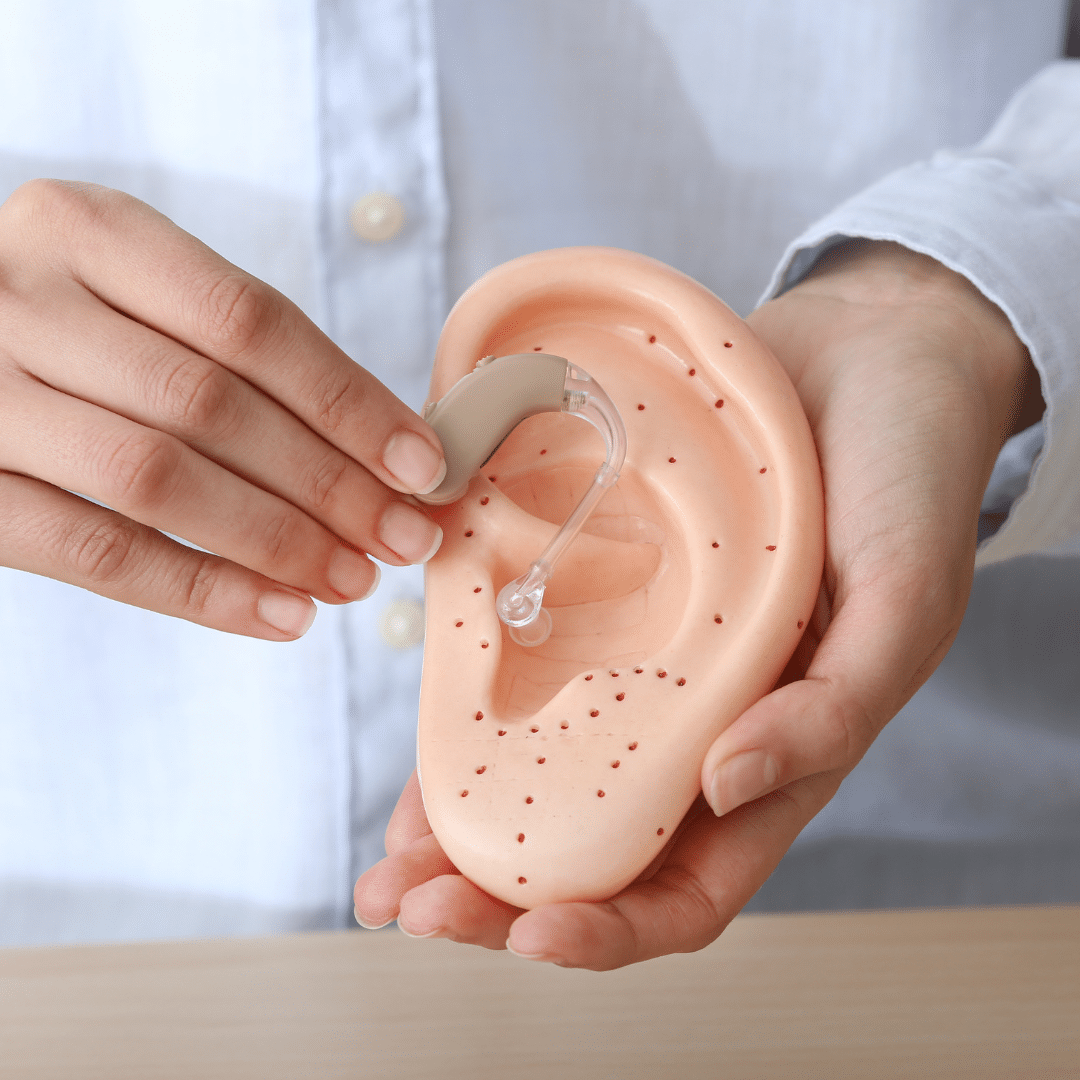In 2020, Dr. Michael Okun and co-authors Dr. Irene Malaty and Dr. Wissam Deeb published Living with Parkinson’s Disease: A Complete Guide for Patients and Caregivers.
This optimistic guide addresses PD-related issues and symptoms along with emerging therapies. In each chapter, Dr. Okun offers patients the necessary tools to manage their disease and to ultimately find joy and fulfilment in their lives.
Dr. Okun recently answered two of the most common questions we receive from our community about living with Parkinson’s. Check out the questions and answers below. And sign up for a special Parkinson’s Awareness Month newsletter, from the book publisher, Robert Rose to get answers to more questions!
How do I get motivated to exercise when I’m dealing with apathy?
Apathy is actually more common than depression in Parkinson’s disease. It is also much more difficult to treat. One of the challenges of Parkinson’s disease treatment is that we know apathy can deflate a daily exercise regimen. We also know that a daily exercise regimen when utilized properly is “like a drug” for Parkinson’s disease treatment. We recommend the following strategies to overcome apathy when developing a PD exercise routine.
- Do not exercise alone. Find an engaged partner so that you can motivate each other (and protect each other).
- If you can afford it, hire a personal trainer once a week or once a month.
- Hold yourself accountable by setting expectations and reviewing each month your progress toward your goals.
- Make sure your Parkinson’s medications are optimized as this will help you succeed with your routine.
- Some people will need an extra dose of levodopa before exercise (check with your doctor).
- Even if you have balance problems there are meaningful exercises that can be performed when sitting.
- Consistency is important, so try to get on a schedule and stick to the schedule.
What is the best diet for Parkinson’s? Are there specific foods or supplements that I should be including?
One of the most common questions we receive is what is the best diet for Parkinson’s disease. Unfortunately, we do not yet have the answer and the answer may turn out to vary from individual to individual. For prevention of Parkinson’s disease, a lot of collective evidence supports the Mediterranean diet, however we do not have data on the many different approaches. Also, we are learning that the microbiome may impact Parkinson’s symptoms and this “know-how” may eventually lead us into an era of personalized medicine. There is emerging data that the Mediterranean diet may be good for Parkinson’s symptoms, however the jury is still out. We need more well controlled research so that we can advise people of what to do– and not do. Similarly the jury is still out on probiotics and supplements. It is important that whatever you take, you share the bottles with your doctor and pharmacist to be sure there are no potential reactions with your existing medications. A multi-vitamin once a day is a good idea, but be careful not to mega-dose vitamins as we have observed people change their skin color and lose sensation in their legs as a result of “mega dosing.”



